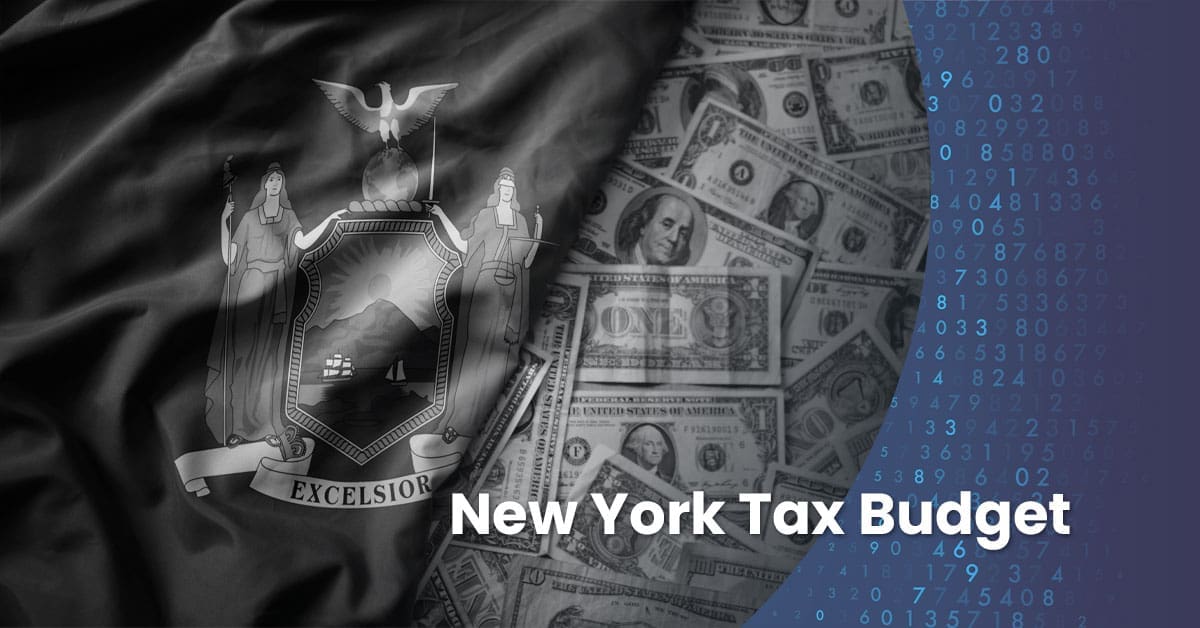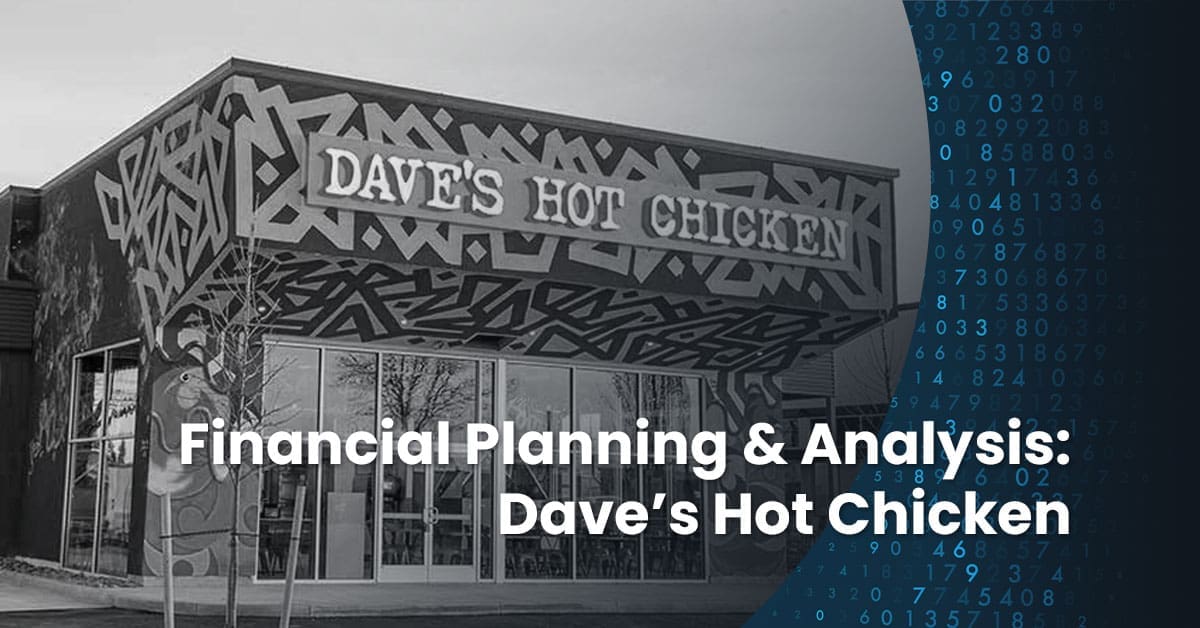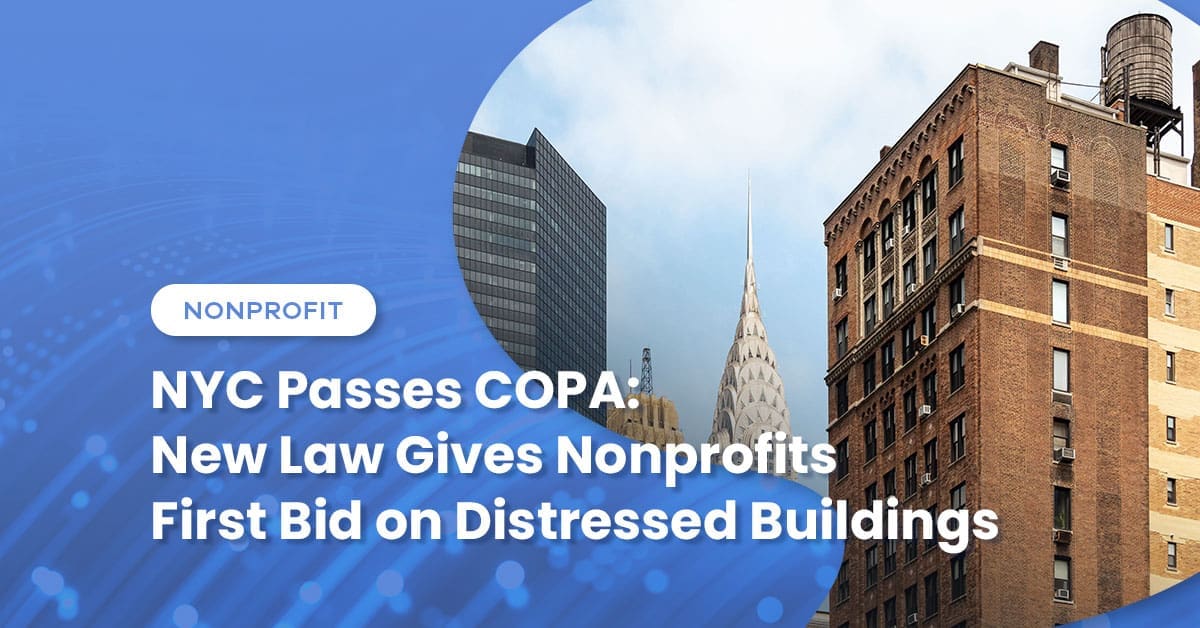New York State’s newly enacted $254 billion budget is more than a fiscal plan—it brings a variety of tax law changes that will affect taxpayers across the board. Signed into law by Governor Kathy Hochul on May 9, 2025, the New York State budget 2025 includes significant tax changes with implications for businesses and individuals.
At Wiss, we’re breaking down the key provisions that could impact your financial strategy—and your bottom line.
Individual Relief and Rate Adjustments
In a nod to inflation relief, eligible New Yorkers will receive a one-time tax credit of up to $400 for joint filers with adjusted gross income of $300,000 or less and $200 for single filers earning $150,000 or less, based on 2023 adjusted gross income.
Additionally, middle-income earners can expect a modest reduction in personal income tax rates over the next two years. The phased-in tax cut provides a 0.2% reduction that will apply to the bottom 5 income tax brackets. This would reduce rates for joint filers making up to $323,200 and for single filers making up to $215,400. On the flip side, the legislation extends the surcharge for high earners from 2027 through 2032.
New Reporting Obligations for Partnerships
New York is aligning with the federal Bipartisan Budget Act of 2015 by instituting new reporting requirements for partnership audit adjustments. Partnerships and their partners now face specific timelines and obligations to report and pay state tax following federal changes. These changes add complexity, so proactive compliance is essential.
Payroll Tax (MCTMT) Updates
Employers in the Metropolitan Commuter Transportation District (MCTMT) will see new rates based on size and location, with larger employers in NYC bearing higher payroll mobility tax burdens. While the legislation reduces the lower tiers of the MCTMT rate, it creates new top rates for each of the zones. Previously, the FY 2024 budget divided the district into two zones, which Zone 1 includes the 5 boroughs of New York City and Zone 2 which includes Dutchess, Nassau, Orange, Putnam, Rockland, Suffolk, and Westchester counties.
Incentives and Expansions Worth Watching
New York is doubling down on economic development through expanded programs:
- Low-Income Housing Tax Credits will increase incrementally through 2029.
- Historic Tax Credits become transferable and available to more affordable housing projects.
- Excelsior Jobs Program gets extended through 2039, while separately enhanced for semiconductor-related businesses.
- Credits for hiring veterans and individuals with disabilities are now extended and more generous.
Notably, the state budget does not extend the pass-through entity tax (PTET) election deadlines—a workaround for the federal $10,000 cap on state and local tax deductions. While initial proposals sought to move the election deadline from March 15 to September 15, this provision was ultimately excluded from the final budget.
Navigate the New York State Budget 2025
Many of these changes are already in effect—or will be soon. Whether you’re navigating new real estate limitations, reassessing tax estimates, or preparing for additional reporting under partnership audit rules, it’s critical to understand how this legislation may affect your operations and compliance obligations.
At Wiss, we’re here to help you decode these changes and make the adjustments necessary to stay ahead. Reach out to your advisor or contact our tax team to start a conversation.





 Previous
Previous






